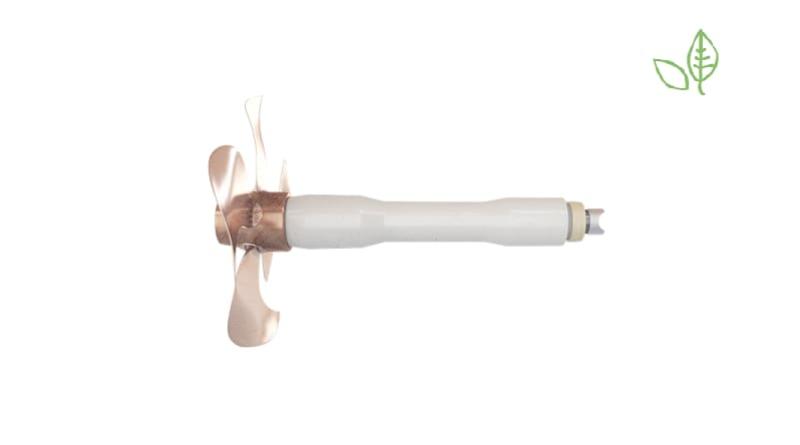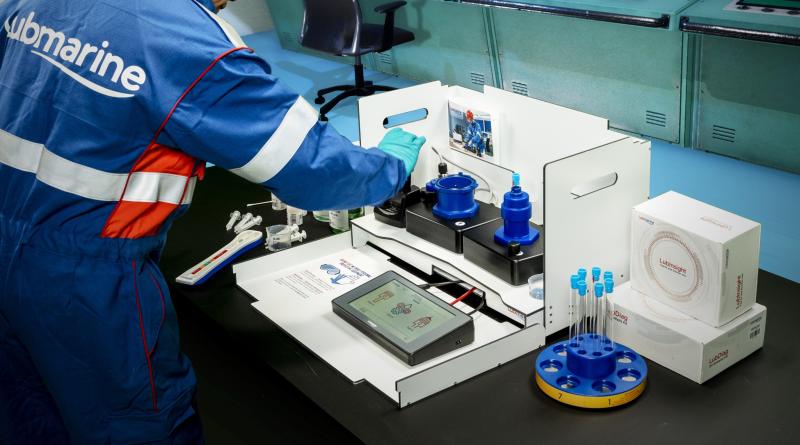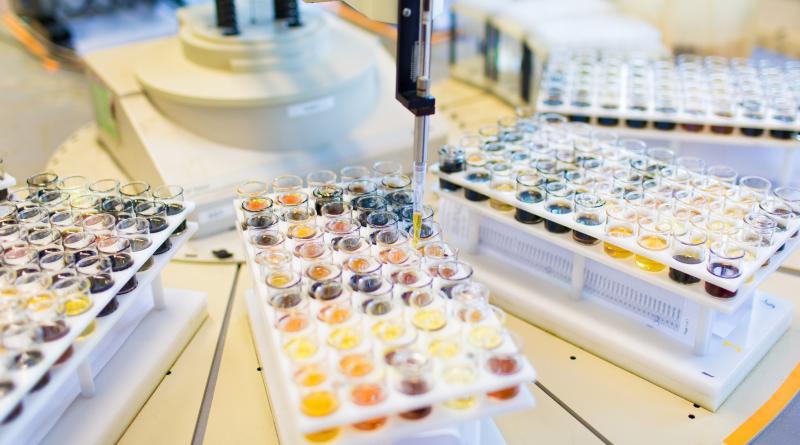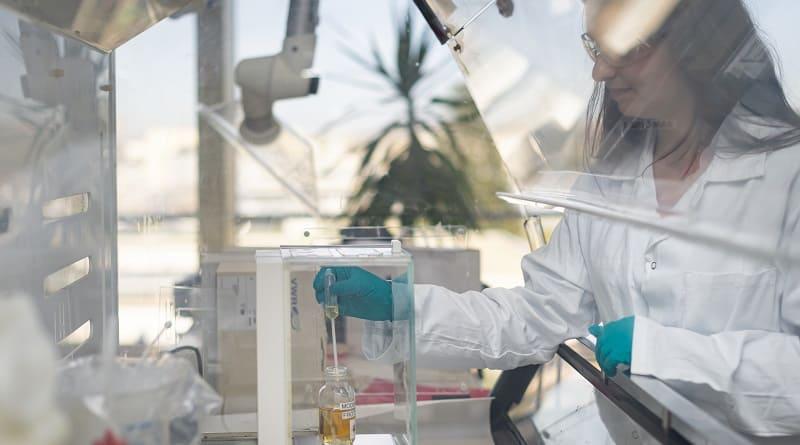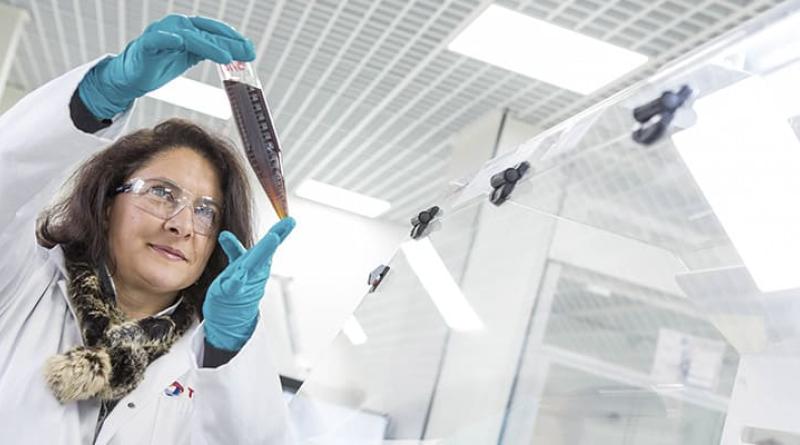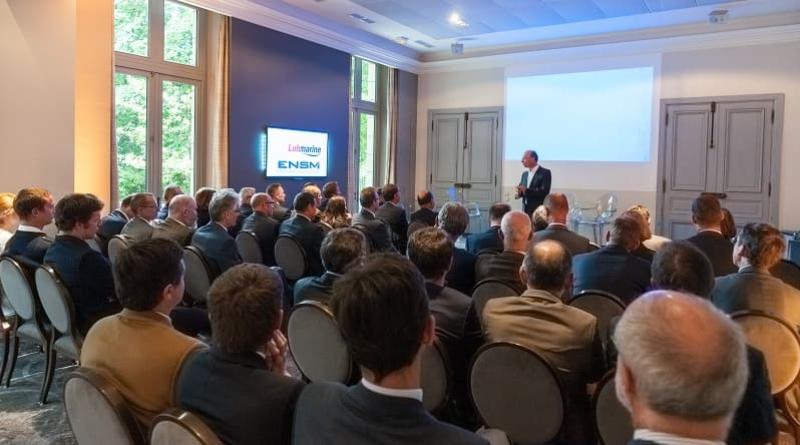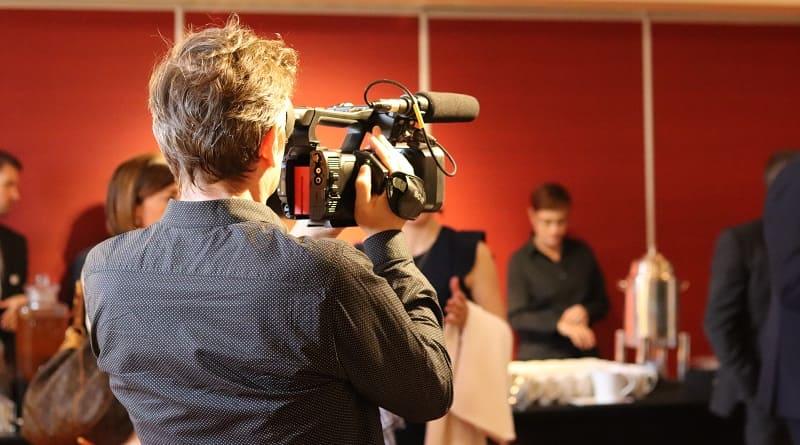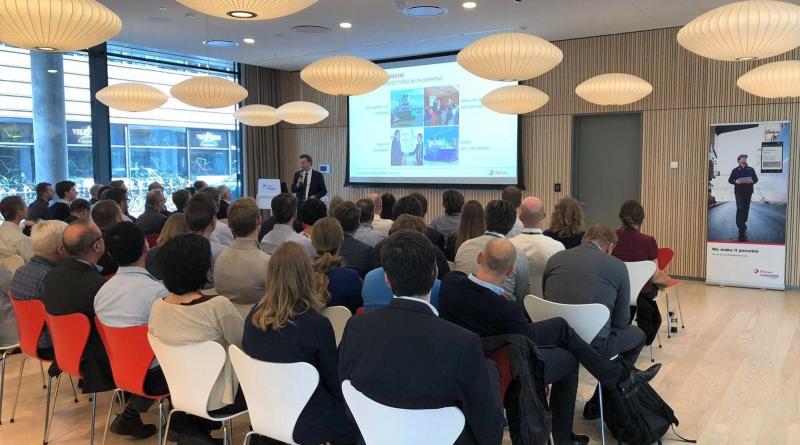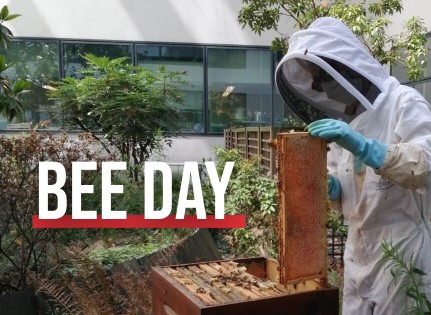
The world we live and work in is an important ecosystem that needs our care, attention and support. While climate change is having an ever increasing impact on our lives, our daily work here at Total Lubmarine continues at pace to ensure we develop new ways and approaches to managing our environment to better support nature with improved sustainable solutions.
It is one of the reasons why this year, we wanted to raise awareness of World Bee Day. With almost 20,000 different species of bees in the world, they are a critical link in the pollination process of wildflowers and also agricultural crops. According to an estimate, bees and other pollinators pollinate almost 90% of flowering plants and 70% of the world’s main crops. Without bees, these numbers would fall to decline.
Yet the bee also is an economic provider in the way it produces honey which is consumed and commercialised. While honey is the most beneficial and economically important hive product, the work of the honey bee for honey, wax and pollination is important for all our human needs, from food through to medicine. There are 10 types of honey bees across the world that live in different colonies of around 50,000 to 60,000 worker bees.
That’s why at our Total Lubmarine building in Paris, we have established three hives in a partnership with Apiterra to support our biodiversity and bee protection. Last year ‘our Total bees’ generated more than 51 kg of honey and our harvest in 2019 won a Silver Medal award during the Ile de France honey contest. The honey we produce is sold to our employees and the money raised is donated to the Lazare association which brings together young working adults and homeless persons, to share a home and live in a community. It meets the housing and social needs of individuals.
We believe the bee is an essential part of our commercial and personal ecosystem which is why we say: Bee aware of your local bees. Don’t just buzz by. Bee caring.







